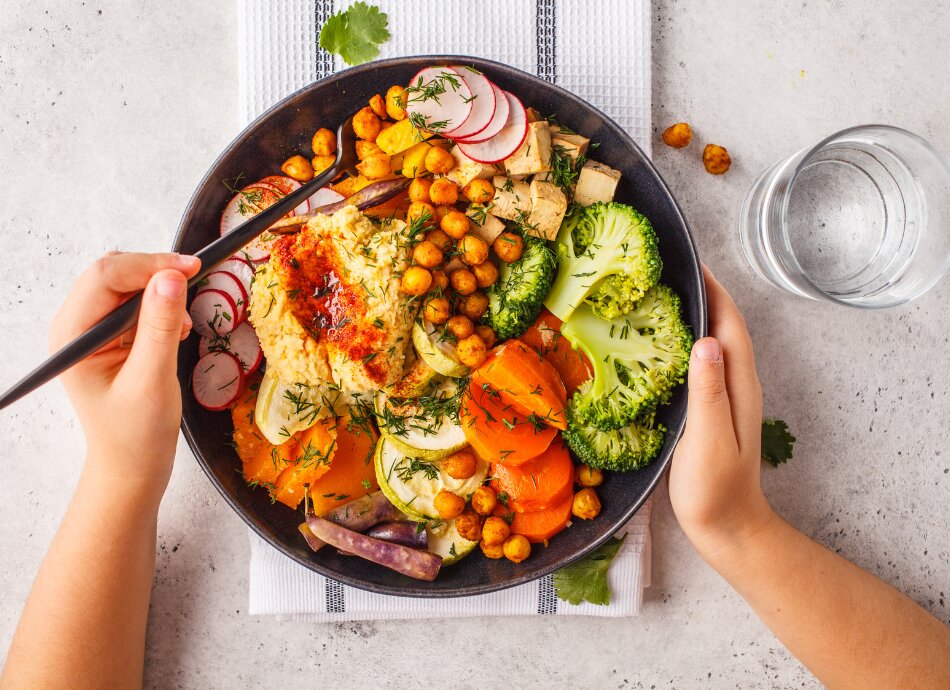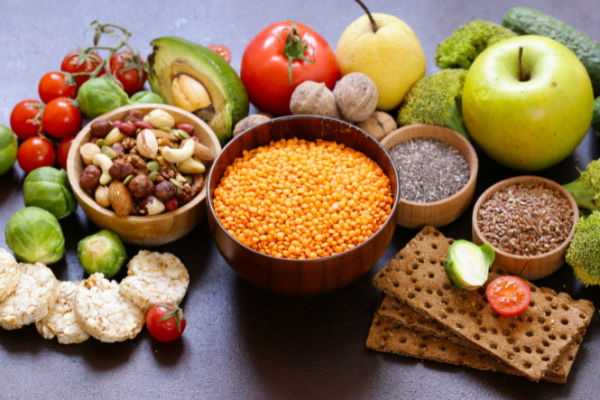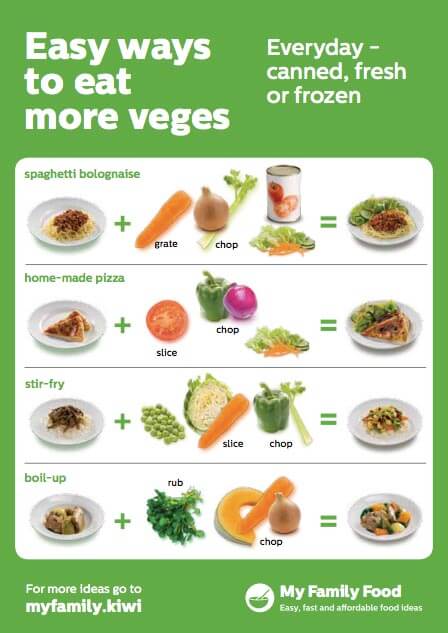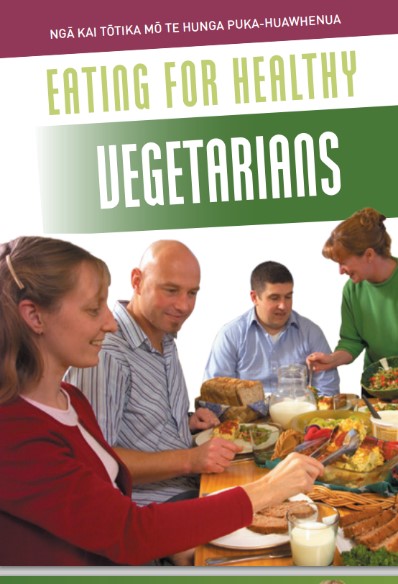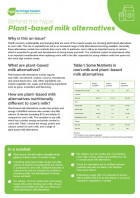A well-planned vegan or vegetarian diet can supply all the nutrients needed for good health. However, some nutrients such as iron, zinc and vitamin B12 are harder to get when you exclude animal products. If you're pregnant, planning a pregnancy, breastfeeding or have young children, it's best to seek advice from your healthcare provider to ensure your nutrition needs are met.
Iron
Iron is important for producing blood and moving oxygen around the body. Plant sources include legumes, tofu, nuts and seeds, whole grains, green leafy vegetables, and breakfast cereals with iron added. The type of iron found in plant foods isn't absorbed as well as the iron from animal foods.
Eating foods containing vitamin C with plant-based foods can help to boost the absorption of iron.
Vitamin C-rich foods include citrus fruits, strawberries tomato, capsicum, silverbeet, cabbage and broccoli.
Avoid tea and coffee within 1 hour of meals for better absorption of iron. Read more about iron deficiency .
Vitamin B12
Vitamin B12 helps to form red blood cells and maintain healthy nerves. People following a vegan diet are at risk of developing vitamin B12 deficiency because it’s only found in animal products such as meat, dairy and eggs. Some plant foods such as soy milk, yeast extract (eg, Marmite), nutritional yeast and cereals have B12 added.
If you can't get enough vitamin B12 from your diet, your doctor, pharmacist or dietitian will recommend a vitamin B12 supplement.
Note that some foods, such as kimchi, miso, seaweed or spirulina, may contain vitamin B12 but in very small amounts or in a form that can’t be used by your body. Read more about vitamin B12.
Protein
Most people eating a vegetarian or vegan diet can easily get enough protein by eating a wide variety of protein-rich foods.
These include:
- legumes (eg, beans, peas and lentils)
- nuts and seeds (includes peanut butter)
- soy products (soy milk, tempeh, tofu, edamame beans)
- whole grains (oats, barley, quinoa, brown rice)
- eggs and dairy (vegetarians only).
Note: Some meat-free products made from soy or legumes can be a good source of protein, but it's important to choose the least processed options as they can contain a lot of sodium (salt) too.
Read more about protein foods..
Omega 3 fats
Omega 3 fats are a type of polyunsaturated fat and protect your health. Fish, seafood and seaweed are a good source of omega-3 fats. Plant foods like flaxseeds (linseed), chia seeds and hemp seeds and their oils are also a source of omega-3 fats. Read more about fats and oils.
Zinc
Zinc is important for skin health, wound healing and immunity.
Sources of zinc for vegans include legumes, nuts and seeds, and whole grains. In addition, vegetarians can get zinc from dairy and eggs. Read more about zinc.
Calcium
Calcium is important for strong bones and teeth, nerve and muscle function. When dairy foods are not included in vegan diet, it’s important to get calcium from plant-based milks (with calcium added), leafy green vegetables, almonds, sesame seeds, tofu, tempeh. Read more about calcium.
Vitamin D
Calcium and vitamin D (which we get from the sun) work together to support bone health. People with very little sun exposure, such as older people, need to be eating foods rich in Vitamin D. Vegetarian sources include eggs and dairy products, however, if you avoid or limit these foods you might want to talk to your healthcare provider about taking a supplement. Read more about vitamin D.


